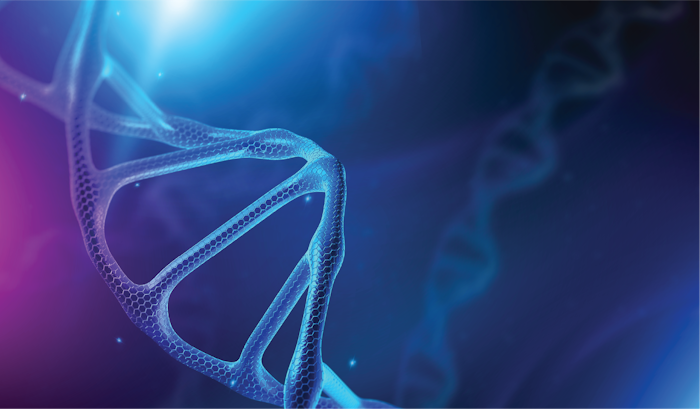Genetic Variability Across Major Histocompatibility Complex

CBTN Data
CBTN Participants
About this
Project
The Major histocompatibility complex (MHC) is a group of genes that code for proteins found on the surfaces of cells. The proteins coded by the MHC help the immune system recognize foreign substances. To better understand this region of the genome and how it ties to diseases, researchers will look at patterns in genes as well as interactions within the region. Whole genome data, data on all of the genes found in a genome, allows for analysis of rare variations in non-coding regions. This study seeks to investigate whole genome data with a focus on detrimental variations on the MHC that could lead to early onset disorders related to genes, including those that drive the development of cancers. The information and analysis will leverage data sources such as the Pediatric Brain Tumor Atlas to get an integrated look at how and why the MHC is integral in different disease settings. A deeper understanding of the MHC could lead to advanced treatments in MHC associated pediatric brain cancers.
Ask The
Scientists
What are the goals of this project?
Researchers will investigate the genes that comprise the MHC in an effort to better understand this region of the genome’s effect on the genesis and progression of pediatric brain cancers.
What is the impact of this project?
Understanding how and why the MHC is integral in the development of various cancers will create more leads in the development of targeted therapies.
Why is the CBTN request important to this project?
Data from the Pediatric Brain Tumor Atlas will be integrated into this project, broadening the impact of this work across pediatric brain cancers.
Specimen Data
The Children's Brain Tumor Network contributed to this project by providing access to the Pediatric Brain Tumor Atlas.
related

